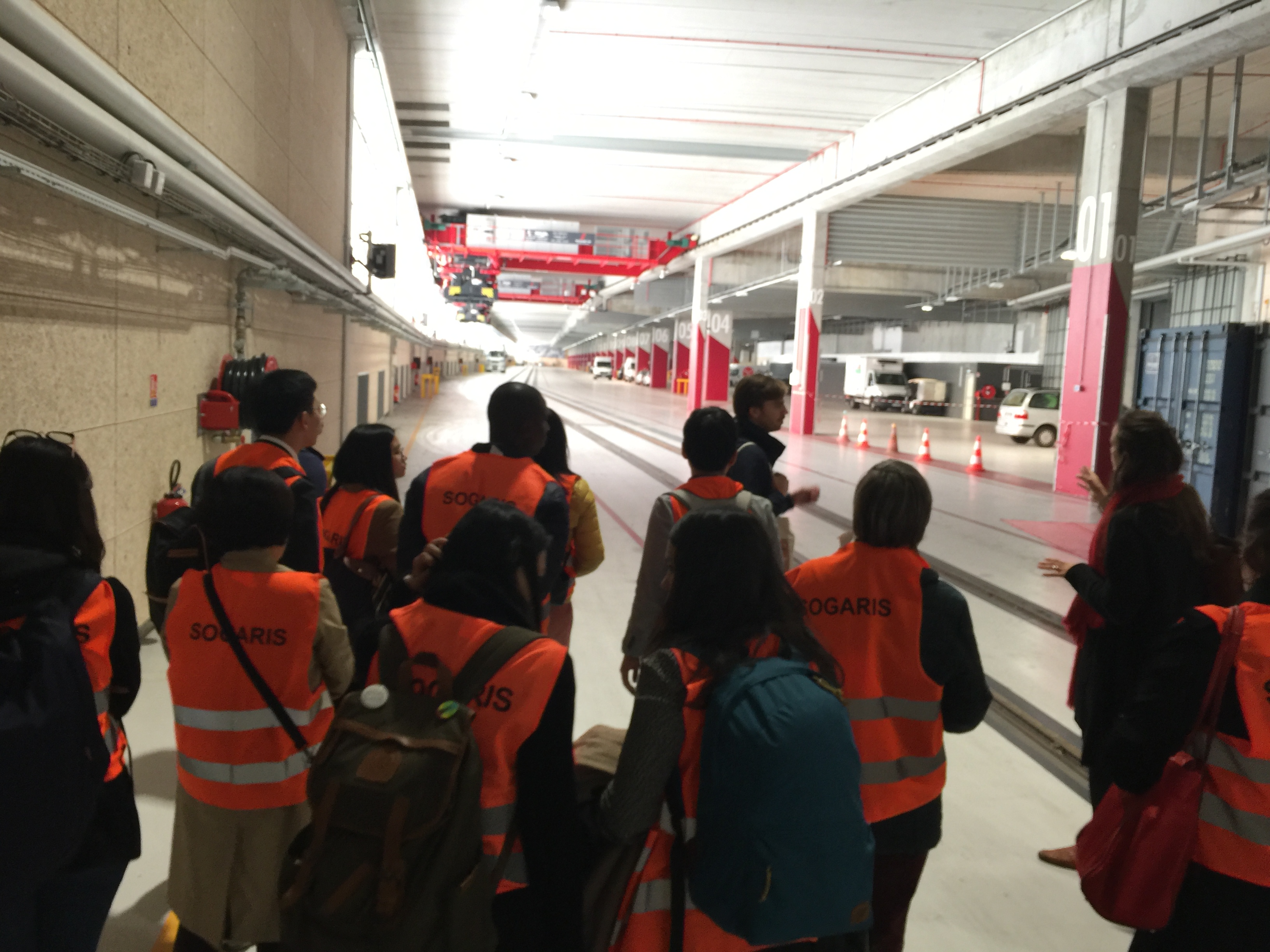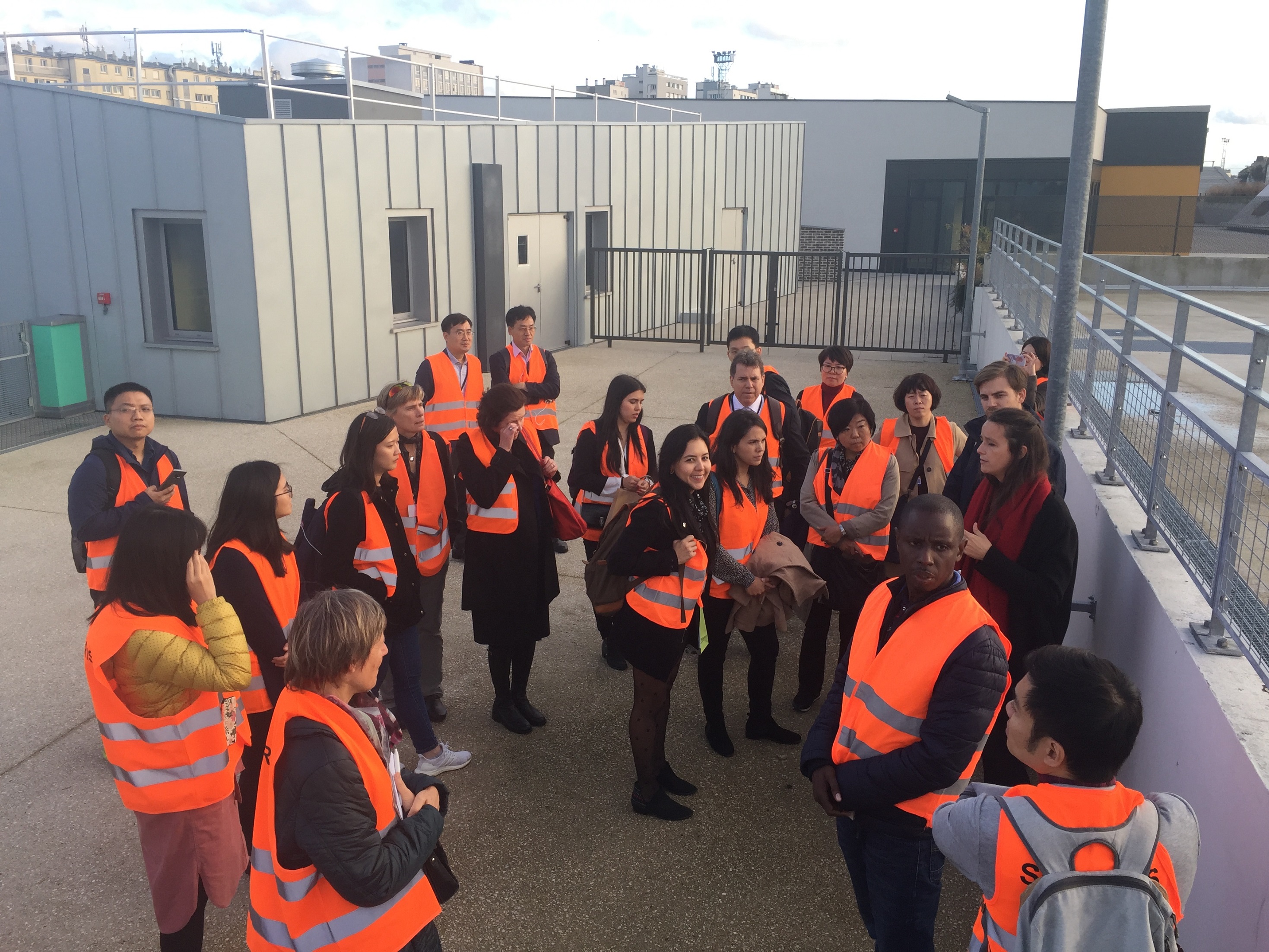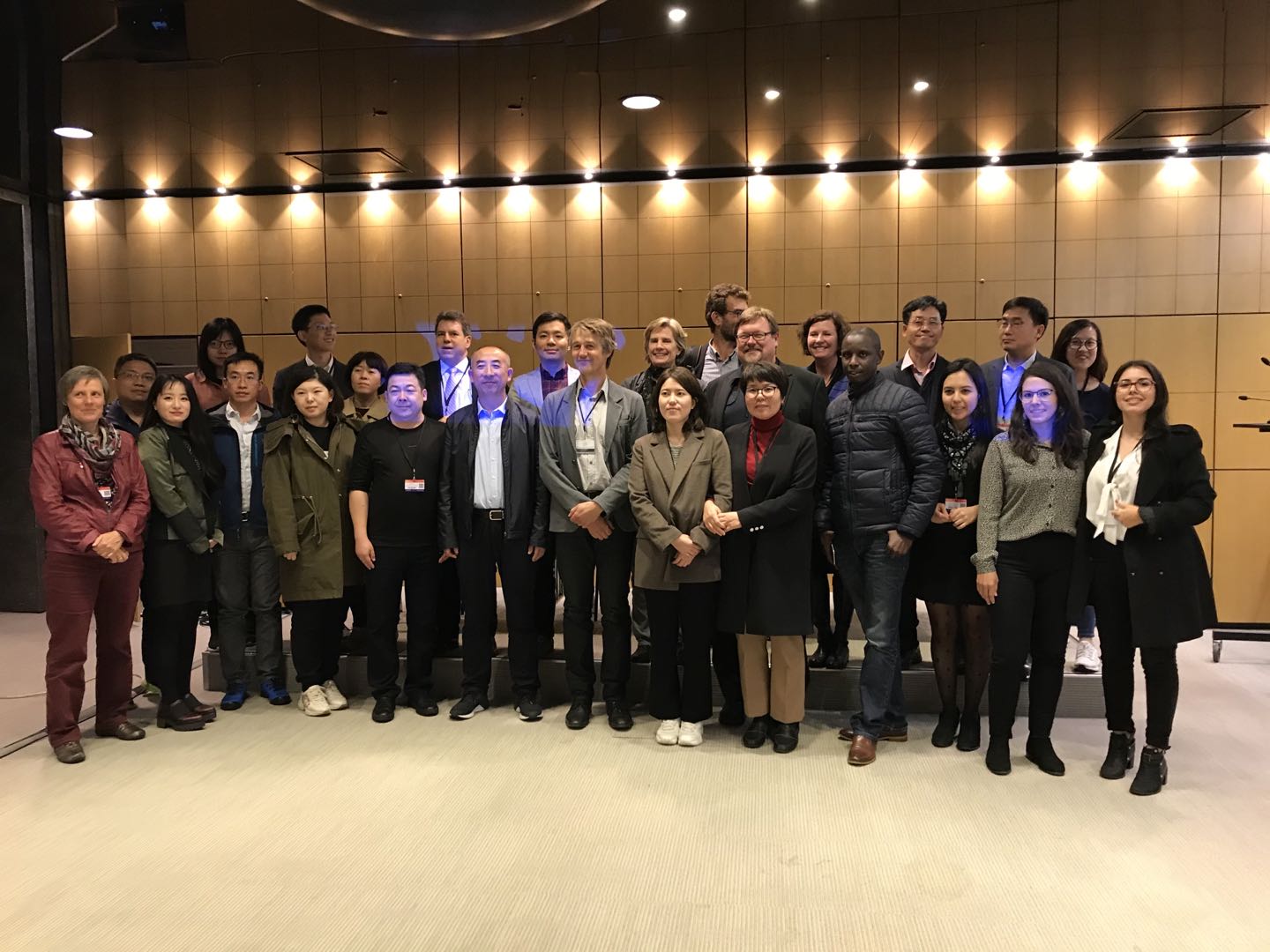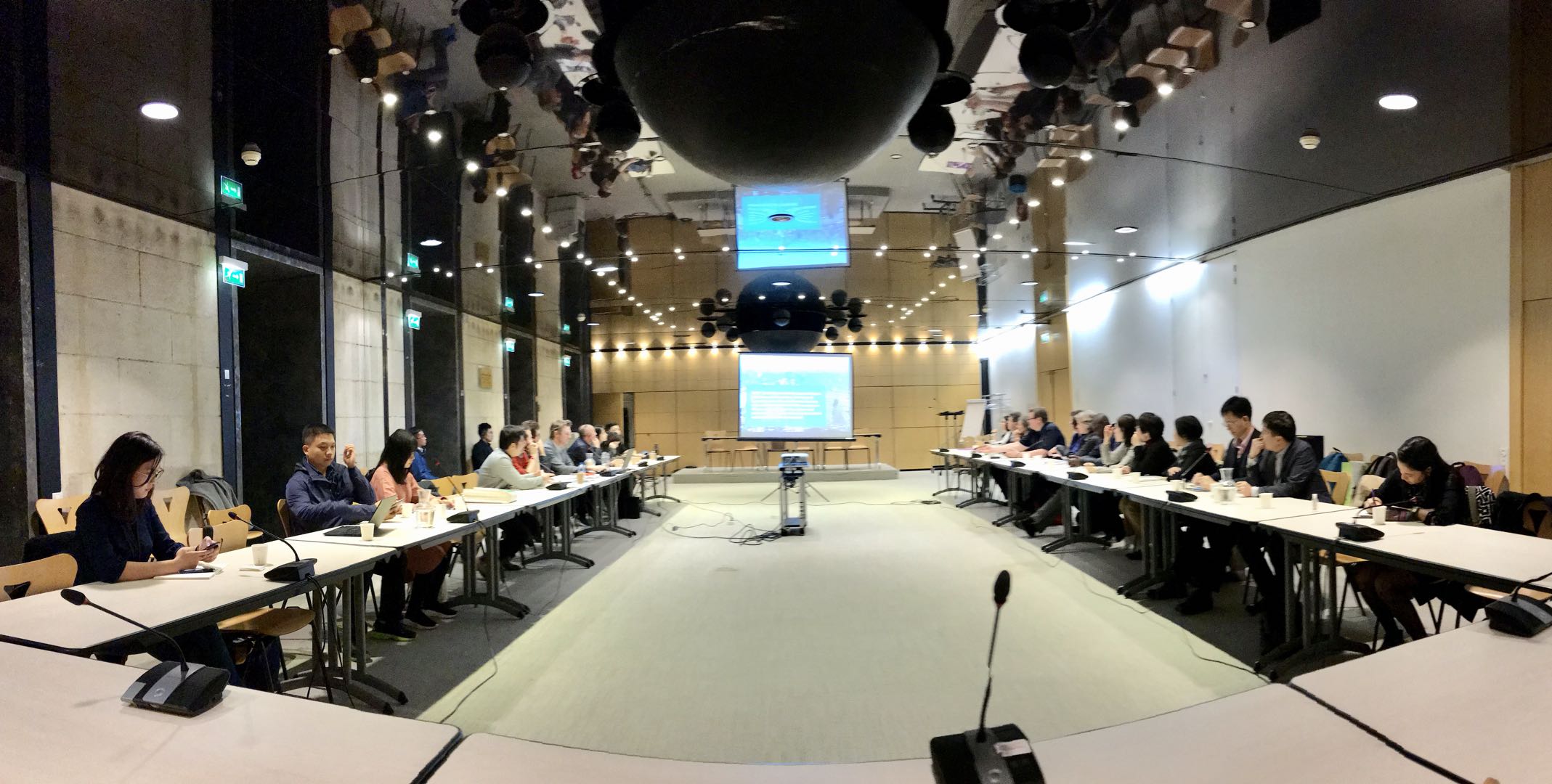By Yiqian Zhang, Sustainable Mobility Officer, ICLEI – Local Governments for Sustainability
Host of the annual Autonomy & the Urban Mobility Summit – one of the world’s largest urban mobility platforms, the City of Paris is a frontrunner when it comes to transportation planning and an ambitious target to be a carbon-neutral and 100 percent renewable-energy city by 2050 (Paris Climate Action Plan, 2018).
Clean mobility in Paris
It is estimated that 95 percent of all particulate matter emissions associated with fuel combustion for road vehicles originate from diesel-fueled vehicles. To improve air quality, the City of Paris has taken a series of measures to move away from diesel vehicles. In January 2017, the City established the first low-emission zone (LEZ, “Zone de Circulation Restreinte – ZCR”) and in July 2019 the first metropolitan LEZ was set up. Complementary to this are the automated monitoring and penalty scheme as well as the 2Crit’Air stickers2 which indicate the level of pollution emitted by vehicles. The goal is to phase out diesel-powered vehicles by 2024 and petrol-powered vehicles by 2030.
Paris is pioneering the innovations for low carbon mobility and making alternative modes of transport attractive: Streets all over the city have been dug up to build more cycling lanes; central squares such as Bastille and Madeleine have been transformed to be more pedestrian-and-cyclist-friendly; residents and visitors now can glide along the car-free river banks of the Seine; the Grand Paris Express project is underway with more than 41.5 billion Euros’ investment and will make it easier for metropolitan area residents to reduce the use of private cars. It has been estimated that car ownership has dropped from 60 percent of households in 2001 to 35 percent today.
Multimodal logistics platform at the heart of the City
While the management of urban logistics is complex given the fragmented nature of the flows, the City of Paris aims to establish a coordinated urban logistics system by creating a network of logistics sites situated at the heart of the city. This enables a modal shift from on-road vehicles to low-carbon transport modes such as electric vehicles and delivery tricycles for the last mile deliveries.
Sogaris’ new Chapelle International is a logistics hub and an excellent example of multi-modal logistics platform, which is located near the urban rail terminal. The logistics hub will reconcile housing, logistics and economic activities at the heart of the city and will accommodate the goods delivered throughout the entire city. It is estimated that this project will generate significant environmental benefits with 5000 fewer lorries entering Paris and a reduction of 1500 tonnes of CO2 each year, in addition to reduced noise and air pollution. The hub will be operational in the beginning of 2020 and five other hubs based on this model will be built.






